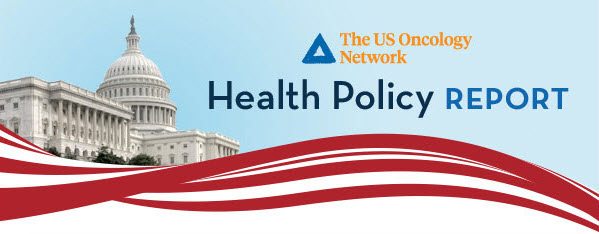House Budget Committee Releases Proposed Changes to the Congressional Budget Process

- December 15, 2016
- Uncategorized
| House Budget Committee Chair Tom Price, who was also recently nominated to serve as the next Secretary of Health and Human Services, has unveiled a proposal to overhaul the Congressional budgeting process. Currently, the process is governed by the Congressional Budget Act of 1974, although minor amendments have been made since then.
If enacted, this proposal would significantly alter the entire Federal government’s budgeting timetable by moving it to a calendar-year cycle, instead of the current fiscal year cycle. It also requires the President to submit his budget request after both houses of Congress have reported their respective budget resolutions. This is widely seen as a move to give Congress more power over the Federal purse as it would have more time to draft and review appropriations bills and not have to base them on agency budget requests. The proposal also tries to move the government towards biennial budgeting by requiring the House and Senate budget committees to provide two-year spending allocations in their budget resolutions. Also included are stronger debt and spending limits along with automatic enforcement procedures that would kick in if those limits are breached. The proposal also attempts to crack down on committees use of budgeting gimmicks such as one-time savings from asset sales to offset new spending. Other major changes include requiring agencies to provide zero-based justification for all programs, mandating CBO to use dynamic scoring on all major pieces of legislation, and applying the pay-as-you go rule to regulatory agencies, where any new regulatory costs would have to be offset by reducing regulatory costs elsewhere. To view the full discussion draft, CLICK HERE. To view the bill summary, CLICK HERE. |

